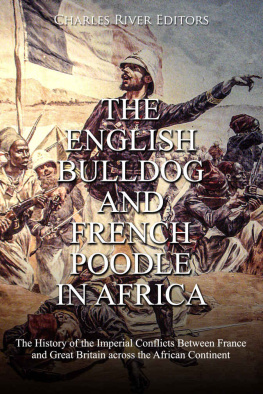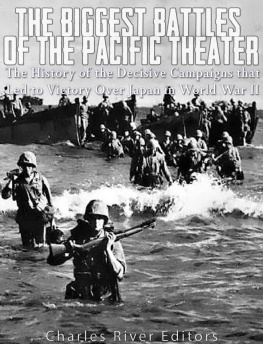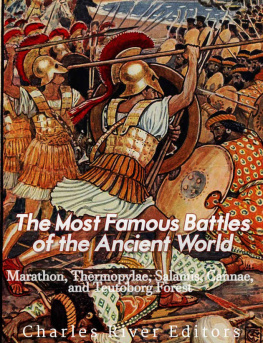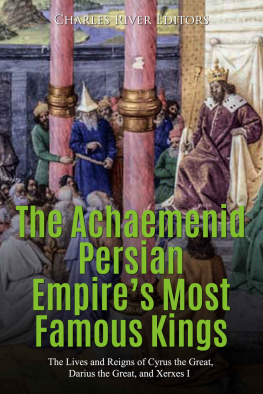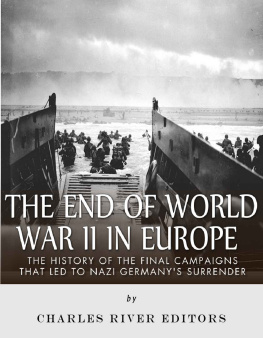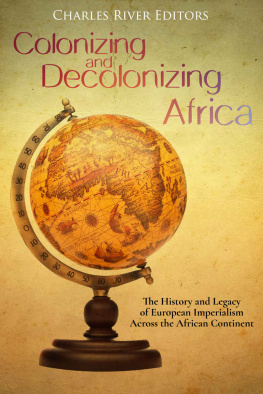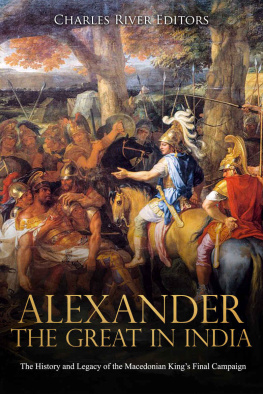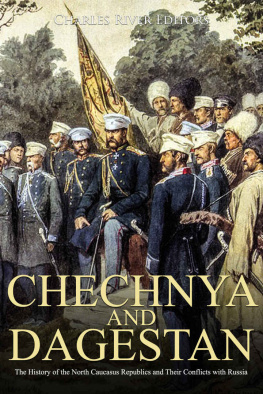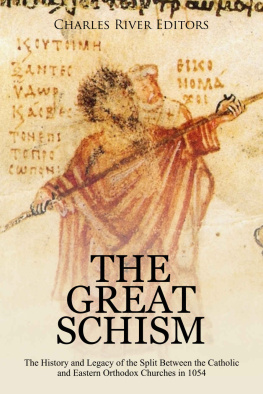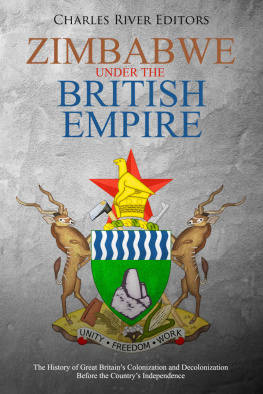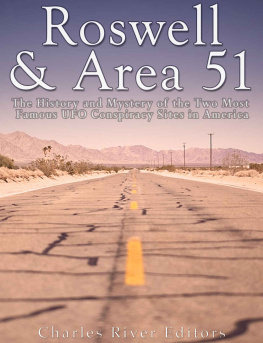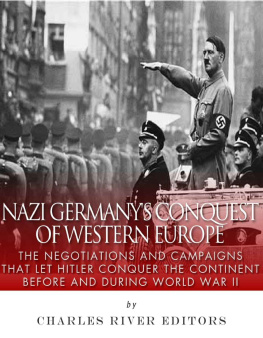Charles River Editors - The English Bulldog and French Poodle in Africa: The History of the Imperial Conflicts Between France and Great Britain across the African Continent
Here you can read online Charles River Editors - The English Bulldog and French Poodle in Africa: The History of the Imperial Conflicts Between France and Great Britain across the African Continent full text of the book (entire story) in english for free. Download pdf and epub, get meaning, cover and reviews about this ebook. year: 2020, publisher: Charles River Editors, genre: History. Description of the work, (preface) as well as reviews are available. Best literature library LitArk.com created for fans of good reading and offers a wide selection of genres:
Romance novel
Science fiction
Adventure
Detective
Science
History
Home and family
Prose
Art
Politics
Computer
Non-fiction
Religion
Business
Children
Humor
Choose a favorite category and find really read worthwhile books. Enjoy immersion in the world of imagination, feel the emotions of the characters or learn something new for yourself, make an fascinating discovery.
- Book:The English Bulldog and French Poodle in Africa: The History of the Imperial Conflicts Between France and Great Britain across the African Continent
- Author:
- Publisher:Charles River Editors
- Genre:
- Year:2020
- Rating:4 / 5
- Favourites:Add to favourites
- Your mark:
- 80
- 1
- 2
- 3
- 4
- 5
The English Bulldog and French Poodle in Africa: The History of the Imperial Conflicts Between France and Great Britain across the African Continent: summary, description and annotation
We offer to read an annotation, description, summary or preface (depends on what the author of the book "The English Bulldog and French Poodle in Africa: The History of the Imperial Conflicts Between France and Great Britain across the African Continent" wrote himself). If you haven't found the necessary information about the book — write in the comments, we will try to find it.
Charles River Editors: author's other books
Who wrote The English Bulldog and French Poodle in Africa: The History of the Imperial Conflicts Between France and Great Britain across the African Continent? Find out the surname, the name of the author of the book and a list of all author's works by series.
The English Bulldog and French Poodle in Africa: The History of the Imperial Conflicts Between France and Great Britain across the African Continent — read online for free the complete book (whole text) full work
Below is the text of the book, divided by pages. System saving the place of the last page read, allows you to conveniently read the book "The English Bulldog and French Poodle in Africa: The History of the Imperial Conflicts Between France and Great Britain across the African Continent" online for free, without having to search again every time where you left off. Put a bookmark, and you can go to the page where you finished reading at any time.
Font size:
Interval:
Bookmark:
By Charles River Editors
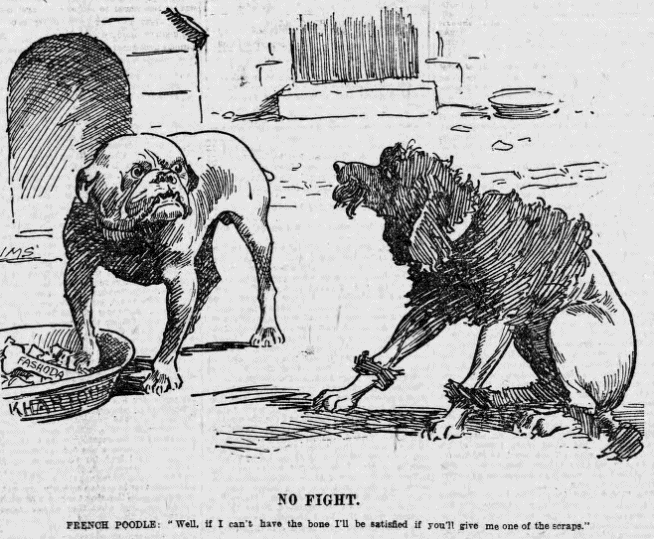
An 1898 cartoon depicting a French poodle asking an English bulldog for leftovers

Charles River Editors is a boutique digital publishing company, specializing in bringing history back to life with educational and engaging books on a wide range of topics. Keep up to date with our new and free offerings with this 5 second sign up on our weekly mailing list , and visit Our Kindle Author Page to see other recently published Kindle titles.
We make these books for you and always want to know our readers opinions, so we encourage you to leave reviews and look forward to publishing new and exciting titles each week.
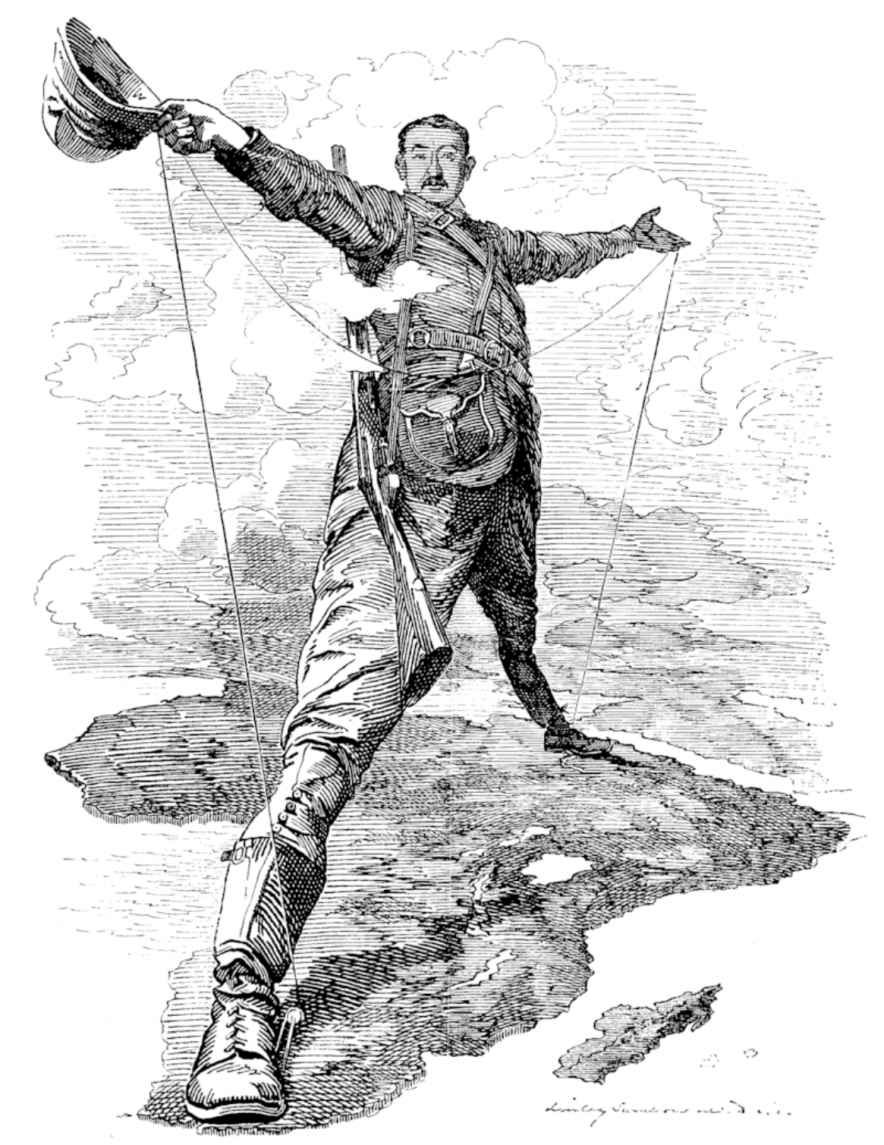
The Rhodes Colossus Striding from Cape Town to Cairo , a cartoon that appeared in Punch on December 10, 1892
Before this time tomorrow I shall have gained a peerage, or Westminster Abbey. Admiral Horatio Nelson before the Battle of the Nile
"They have soldiers. We only have arguments." French Foreign Minister Thophile Delcass
In 1798, an initial review of Frances naval forces had led Napoleon to conclude his navy could not hope to outfight the power of the Royal Navy, which had been the dominant naval power for centuries, so he was forced to look elsewhere. After months of planning, Napoleon crafted a scheme to attack and conquer Egypt, denying the British easy access to their colonies in India, with the ultimate goal of linking up with the Sultan Tipoo in India itself and defeating the British in the field there. Napoleon sailed with Admiral Brueys and 30,000 troops that June, heading for Egypt. Notionally part of the Ottoman Empire, Egypt was de facto a weak independent regime run by the breakaway Mamelukes. For France, it offered an overland route to India and a chance to beat Britain at her own game via economic strangulation.
Napoleon could not have known it, but his campaign was the start of 150 years of imperialism along the Nile River, as Europeans endeavored to explore, control, and colonize the Nile River. This would bring them into all kinds of conflicts, not just with the indigenous natives residing there but also with each other, as each empire sought to get a leg up on the competition.
Napoleons Egyptian Campaign failed in all of its objectives other than in the acquisition of knowledge. Far from frustrating British ambitions in the Orient, the British triumphed in the minor war that Napoleon triggered, and it was the British who would dominate Egypt for the next 150 years.
Even after the British took control of Egypt, knowledge about the Nile remained sparse, most importantly the source of the river, and exploration all over the continent took place among adventurers of various nationalities. Other countries also sought to get a foothold on the continent, to the extent that near the end of the 19 th century, Otto von Bismarck, the German chancellor, brought the plenipotentiaries of all major powers of Europe together to deal with Africa's colonization in such a manner as to avoid provocation of war. This event, known as the Berlin Conference of 1884-1885, galvanized a phenomenon that came to be known as the Scramble for Africa. The conference established two fundamental rules for European seizure of Africa. The first of these was that no recognition of annexation would granted without evidence of a practical occupation, and the second, that a practical occupation would be deemed unlawful without a formal appeal for protection made on behalf of a territory by its leader, a plea that must be committed to paper in the form of a legal treaty.
This began a rush, spearheaded mainly by European commercial interests in the form of Chartered Companies, to penetrate the African interior and woo its leadership with guns, trinkets and alcohol, and having thus obtained their marks or seals upon spurious treaties, begin establishing boundaries of future European African colonies. The ease with which this was achieved was due to the fact that, at that point, traditional African leadership was disunited, and the people had just staggered back from centuries of concussion inflicted by the slave trade. Thus, to usurp authority, to intimidate an already broken society, and to play one leader against the other was a diplomatic task so childishly simple, the matter was wrapped up, for the most part, in less than a decade. Even at that stage, however, the countries would keep jostling for position in Africa against each other, attempting to snap up more land and consolidate it. As such, the scramble kept going at a fevered pitch until the outbreak of World War I.
When they entered the negotiations in Berlin in 1884, the French were established in their flagship African territory of Senegal, situated at the westernmost point of continental Africa, which tended to give them an option over the vast reaches of the western continent so far unclaimed by any territory. The history of French engagement in Senegal can be traced back to 1677, with the French acquisition of a slave port on the island of Gore, today a cantonment of the Senegalese capital of Dakar. From there, the French were apt to gaze across the vast expanse of unclaimed territory to their minor enclave of French Somaliland, founded between 1883 and 1887, and which would, in the post-independence era, become the state of Djibouti. The French imperial vision, therefore, became the establishment of French sovereignty over everything in between these two pints, including, if possible, Egypt. That obviously clashed with British objectives.
As the British were working to establish a route from Cape Town in South Africa to Cairo in Egypt, the French were seeking to connect Dakar to Djibouti. If lines were drawn on the map to connect those places, the lines would intersect around the Sudanese river port of Kodok, which, during the imperial era, was known as Fashoda. The sequence of events across Africa would lead to a dramatic confrontation between a French expedition and British soldiers at Fashoda in 1898, and what happened there would help determine the boundaries of colonial Africa for the next several decades.
The English Bulldog and French Poodle in Africa: The History of the Imperial Conflicts Between France and Great Britain across the African Continent chronicles the competition between both nations as they sought to make inroads on the African continent. Along with pictures depicting important people, places, and events, you will learn about the imperial jostling like never before.
People of Egypt, you will be told that I have come to destroy your religion. Do not believe it! Reply that I have come to restore your rights. Napoleon
In May of 1798, a huge expeditionary fleet assembled at the French port of Toulon. 13 ships of the line, 30 brigs and nearly 250 corvettes, gunboats, galleys and merchant ships overflowed the port, with many more anchored in the bays of Lazaret and Balaguier. The objective of the fleet was top secret, even to its senior officers and commanders, even to the Minister of War. Speculation was rife, and among the 20,000 or so soldiers, and many thousands of sailors, the belief was that 28-year-old Napoleon Bonaparte was to command an invasion of royalist Britain, the only remaining enemy of republican France.
Font size:
Interval:
Bookmark:
Similar books «The English Bulldog and French Poodle in Africa: The History of the Imperial Conflicts Between France and Great Britain across the African Continent»
Look at similar books to The English Bulldog and French Poodle in Africa: The History of the Imperial Conflicts Between France and Great Britain across the African Continent. We have selected literature similar in name and meaning in the hope of providing readers with more options to find new, interesting, not yet read works.
Discussion, reviews of the book The English Bulldog and French Poodle in Africa: The History of the Imperial Conflicts Between France and Great Britain across the African Continent and just readers' own opinions. Leave your comments, write what you think about the work, its meaning or the main characters. Specify what exactly you liked and what you didn't like, and why you think so.

